 |
| KPI-based civil servant evaluation will begin from January 1, 2026. |
Positive effects
The first effect of KPI is to measure work performance specifically and transparently, avoiding sentimentality. In a sales company, KPI could be revenue reaching 120% of the plan; in an administrative agency, it could be the rate of files resolved on time reaching 98%.
Thanks to KPI, each individual clearly understands how their work contributes to the overall success of the group or unit. The customer care department has KPIs on customer satisfaction - this not only improves individual efficiency but also contributes to retaining customers for the business.
When the evaluation criteria are clearly known, employees have specific goals to strive for, proactively practice skills and increase productivity. If an administrative staff has a KPI of “reducing 20% of document processing time”, they will proactively find ways to optimize the work process or apply information technology to process documents faster and serve more people.
In addition, KPI results are the basis for leaders to consider rewards, adjust personnel, and plan strategies.
Nowadays, the use of KPIs in evaluating cadres and civil servants is an inevitable trend. Some localities such as Quang Ninh and Binh Duong have piloted the scoring of civil servants based on the rate of timely processing of documents and the level of satisfaction of the people - initially creating a positive change in the spirit of service.
The Government's submission to the National Assembly of the draft Law on Cadres and Civil Servants (amended) in the direction of using KPIs to score civil servants is a quantitative change. The Ministry of Home Affairs is also researching the use of software to evaluate the effectiveness of civil servants' work.
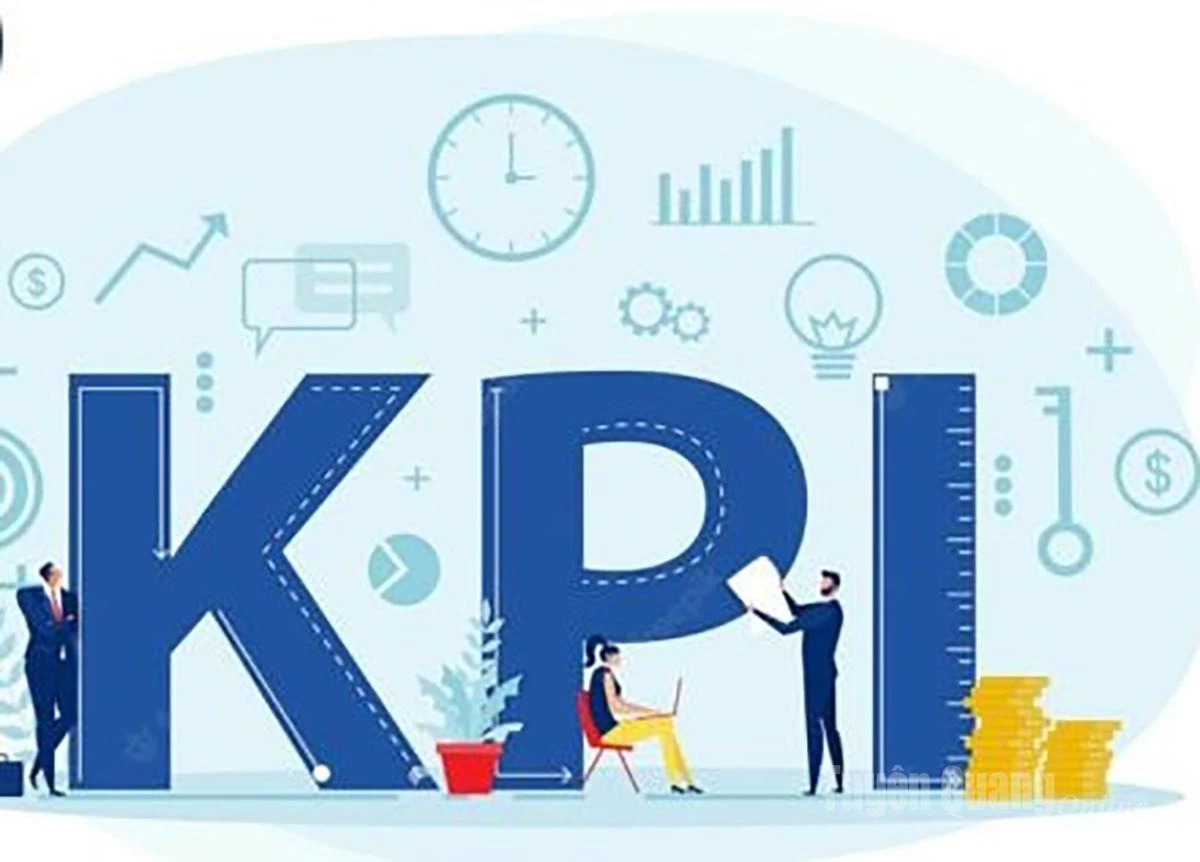 |
| Applied correctly, KPIs will help measure work efficiency and become a driving force for innovation and development. |
Notes
Although KPIs have many benefits, improper use can lead to negative consequences. Managers should not consider KPIs as the only measure. Because KPIs only reflect the final results, not the process or effort.
On the other hand, KPIs that are too high can easily create pressure, making employees lose motivation or cope. If an administrative unit requires 100% of records to be processed within the day, it will lead to staff simply "changing the status to completed" to meet the target without actually checking the records carefully. Therefore, we need to be vigilant against "achievement disease" and "number effect". When employees are forced to run after targets, they can sacrifice quality, lack innovation or professional ethics. In fact, this has happened to sales staff who use "fake" revenue or pressure customers to meet KPIs; to civil servants and administrative officials who prioritize processing easy records, avoiding difficult tasks to achieve high scores.
The working environment is always changing, so the KPI system must be reviewed regularly. Especially in the current digital transformation period, instead of just measuring the "number of processed records", it is necessary to add indicators on the "rate of processed records online" or "level of satisfaction of the people". The evaluation of employees or civil servants must be based on both performance indicators and qualities and working attitudes. That is the way to prevent apathy and lack of dedication in the spirit of serving the people in many agencies and units today.
Therefore, KPI should not be considered as a control tool, but as a development tool. It must be public and transparent; the human factor must be emphasized more than the numbers. Because the final result of KPI is not only "performance", but also the maturity, sense of responsibility and service attitude of the employees.
The true value of KPI is only realized when it is built scientifically , practically and humanely. For managers, KPI is not a "magic wand" to control employees, but a mirror reflecting leadership quality, management capacity and organizational culture. Applied correctly, KPI will help measure work efficiency and become a driving force for innovation, development and better service for the organization and society.
Duy Anh
Source: https://baotuyenquang.com.vn/xa-hoi/202511/canh-giac-benh-thanh-tich-e2b24a5/




![[Photo] Action for the Community tells stories of enduring journeys – both intimate and great, yet quiet and determined](https://vphoto.vietnam.vn/thumb/1200x675/vietnam/resource/IMAGE/2025/11/15/1763179022035_ai-dai-dieu-5828-jpg.webp)











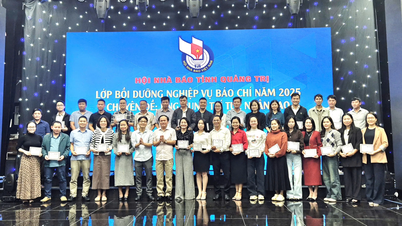

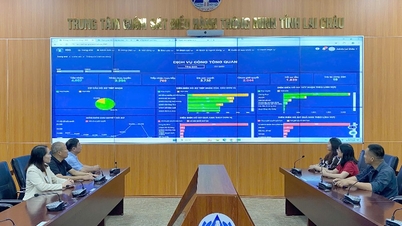































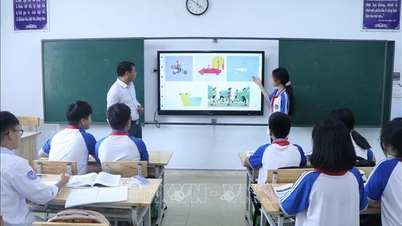

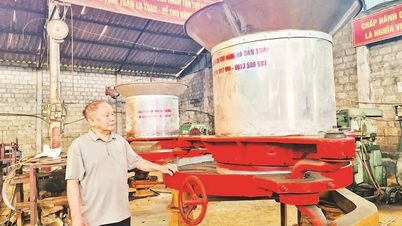
















































Comment (0)